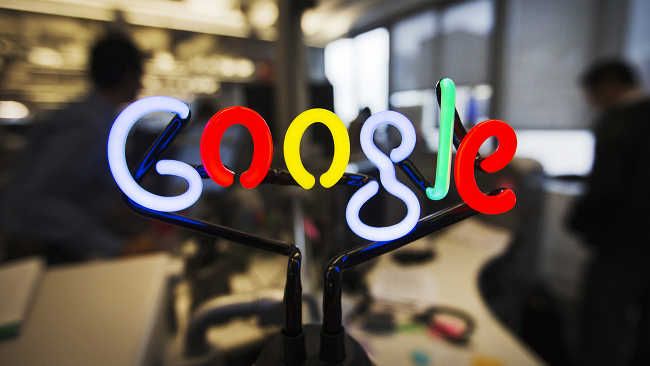Bill Gates once famously said"Never before in history has innovation offered promise of so much to so many in so short a time." We may be seeing that innovation take place before our very eyes. Ironically, it's one of Gates' biggest competitors -- Google -- that's surprising everyone, throwing its weight (and investments) behind the healthcare company Calico in hopes of tackling some of the most vexing problems facing human life.
If you’ve been following the story, Google has largely remained quiet about its plans to extend its reach into the health care business. But the Mountain View-based company definitely has the access and data-processing resources to solve many of the large scale, age-related maladies plaguing our society today.
But how?
The two brains behind the undertaking are Google’s co-founder and CEO Larry Page and investor and former chief biotech pioneer Arthur Levinson. Their vision is to achieve a global clinical trial around health through sorting data, pattern matching and finding correlating and casual relationships within that data.
“In some industries, it takes ten or 20 years to go from an idea to something being real. Healthcare is certainly one of those areas,” Page told Time Magazine. “Maybe we should shoot for the things that are really, really important so ten or 20 years from now we have those things done.”
As a result, Calico could potentially foster collaboration among all patient caregivers, create individual electronic “health reports” for people and empower those to take action against potential diseases through preventative care all in the next decade. Simply put, it could significantly expand the average human life.
Calico, which is just a stone's throw away from Google, will start by employing a small group of new technology researches. And some of their research has already turned in some surprising conclusions.
“One of the things I thought was amazing is that if you solve cancer, you’d add about three years to people’s average life expectancy,” Page said. “We think of solving cancer as this huge thing that’ll totally change the world. But when you really take a step back and look at it, year, there are many, many tragic cases of cancer, and it’s very, very sad, but in the aggregate, it’s not as big an advance as you might think.”
Still, the Google model has seldom disappointed us. At the most, the tech giant can solve age-related maladies and turn the health care system on its head. At the very least, it will bring attention to an outdated industry and create interest in a space that desperately needs more exploration.
Follow @nicktrenchard on Twitter for the latest things in Bay Area tech
Related Articles
